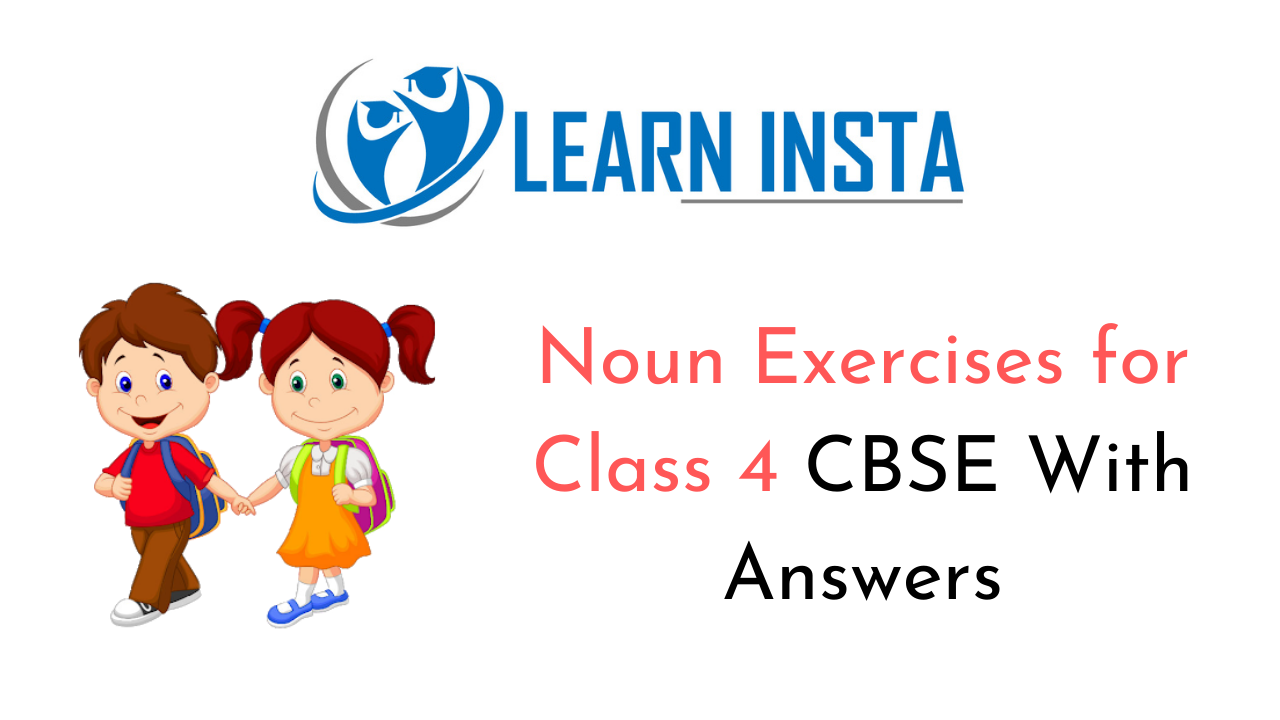 Definition: A noun is a part of speech that is used to name a person, place, thing, quality, or action. Examples: Mango, girl, boy, cat, etc.
Definition: A noun is a part of speech that is used to name a person, place, thing, quality, or action. Examples: Mango, girl, boy, cat, etc.
Any name given to a person, thing, animal or place is called a noun.
This grammar section explains English Grammar in a clear and simple way. There are example sentences to show how the language is used.
Noun Exercises for Class 4 CBSE With Answers PDF
Nouns are words used to refer to objects, places and living things. Some nouns also refer to feelings and emotions.
- The words that we use for naming people, places, animals and things are called nouns.
- Nouns that name a person, place or thing of one group or class are called Common Nouns. For example: table, school, park, beach, city etc.
- Special nouns name a specific person, place or thing. They are also called proper nouns. They always begin with capital letters. For example: Tuesday, January, Mango, India, River Nile etc.
- Groups of people, animals and things are called collective nouns.
- Nouns that are used for only one person, place or thing are called singular nouns. Nouns that are used to name more than one person, thing or place are called plural nouns.
- Nouns which can be counted are called countable nouns. Examples: boy, girl, bird, apple. Nouns which cannot be counted are called uncountable nouns. Examples: water, rice, oil, milk. Names that are uncountable are always singular.
- Masculine nouns refer to males and Feminine nouns refer to females.
- Nouns that refer to both males and females are called common gender nouns. A noun that is neither a male nor a female is called neuter noun.
- Possessive nouns are used to show that something belongs to a person, place, thing or idea. We add an apostrophe (‘s) at the end of the noun to show possession. We do this even if the noun already ends with an “s”.
- The book belongs to John. (John’s book)
- A noun that shows ownership by more than one person is a plural possessive noun.
- The restroom belongs to the girls. (The girls’ restroom)
- To make an irregular plural noun that does not end in “s” possessive, add an apostrophe and “s” to the end.
- The toys belong to the children. (The children’s toys)
- A compound noun is made from two smaller words. Example: toothpaste tooth-paste
Noun Exercises for Class 4 with Answers CBSE PDF
A. Read the words given in the box. Write them under the correct category.
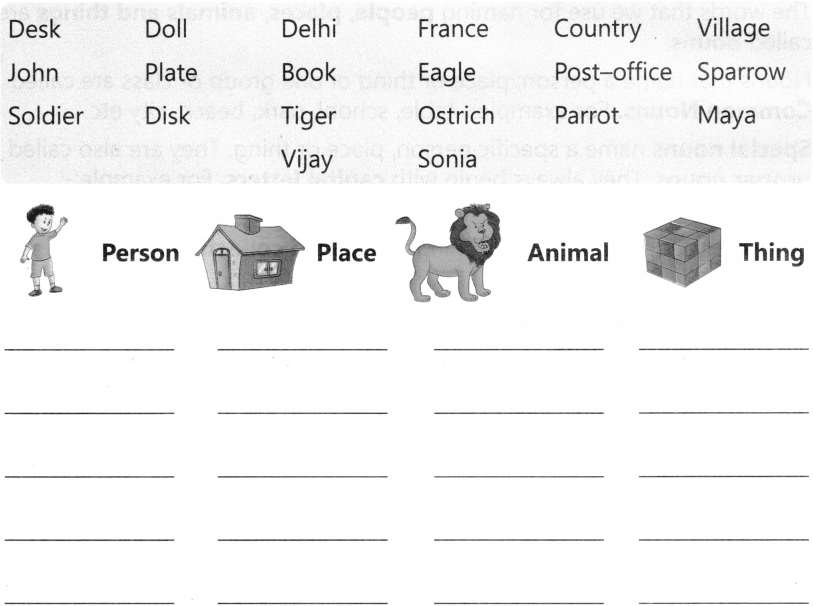
B. Rewrite the following sentences, replacing each common noun with a proper noun.
Example:
- The girl at that table lives in a small city.
The girl at that table lives in Agra.
1. The department store closed on the holiday.
______________________________
2. That restaurant serves the best hamburgers.
______________________________
3. He is preparing to climb a mountain.
______________________________
4. The train doesn’t stop at the next town.
______________________________
5. My friends met at the shopping mall.
______________________________
C. Underline plural noun in the following sentences.
1. Most parks have several benches.
2. Students needed to sit to give their feet a rest.
3. The artists brought their sketch pads and pencils.
4. Easha drew pictures of two deer near some trees.
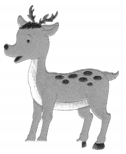
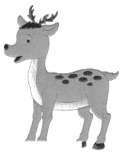
5. People listened to their radios as they ate.
6. Flies buzzed around the bags filled with sandwiches.
D. In each sentence, underline the plural noun that has been formed incorrectly. Write the correct plural noun in the space provided. The first one has been done for you.
1. Some communitvs have ethnic food-tasting events.
communities
2. It’s fun to taste dishs from countries around the world.
______________________________
3. The womens in Mom’s club hold food fairs every year.
______________________________
4. Tables and chaires are set up near the fieidhouse.
______________________________
5. Our family donates boxs of paper goods.
______________________________
6. Sharp knifes were needed to cut the pizzas.
______________________________
7. They try to keep the childrens busy with games.
______________________________
8. Eight mans entertained the guests with country music.
______________________________
9. The melodys were familiar to most of the guests.
______________________________
10. A few senior citizens sat in the shade of the tree branchs.
______________________________
E. Complete each sentence with the possessive form of the word in brackets.
1. Two ___________ backpacks were left in the picnic area. (children)
2. My ___________ notebook got wet in the rain, (friend)
3. In one tree we saw evidence of a ___________ home. (woodpecker)
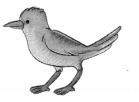
4. ___________ tape recorder came in handy. (Lata)
5. We all kept quiet when she recorded some baby ___________ chirps, (robins)
F. Underline possessive noun in each sentence and write S if that noun is singular or P if it is plural.
1. Mrs. Khanna’s class took several field trips this year. ___________
2. Their science unit’s subject was animal homes. ___________
3. Which trees’ branches seem to attract more birds? ___________
4. Kavita’s idea was to take pictures of some bird eggs. ___________
5. Three students’ cameras already had film in them. ___________
G. Underline compound nouns that are spelled incorrectly. Rewrite the sentences, using the correct plural form of those nouns.
1. The messiest job was cleaning the paintbrushs.
_________________________________
2. When I finished nailing wallboardes, I went out to the back yard.
_________________________________
3. Morning glorys were climbing up the sides of the fence.
_________________________________
4. My two greats-aunt, Lila and Henna, carried kitchen utensils outdoors.
_________________________________
5. They asked me to wash some breadboxs with a hose.
_________________________________
H. Choose the right collective noun from the options given below.
1. A _____________________ of playing cards.
flock [ ]
pack [ ]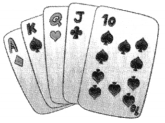
2. A school of _____________________
fish [ ]
birds [ ]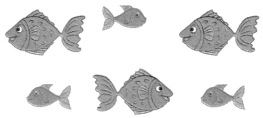
3. A _____________________ of keys.
group [ ]
bunch [ ]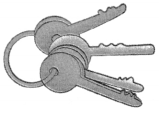
4. A _____________________ of events
series [ ]
group [ ]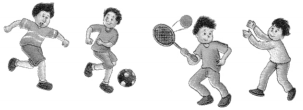
5. A choir of _____________________
Singers [ ]
painters [ ]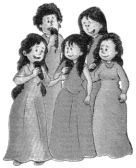
6. Anarmy of _____________________
ants [ ]
birds [ ]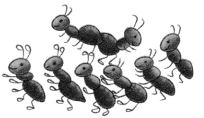
7. A pack of _____________________
cats [ ]
wolves [ ]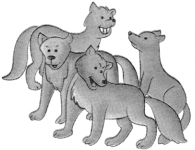
8. Aswarm of _____________________
bears [ ]
bees [ ]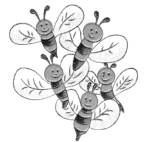
I. Rewrite the following sentences, changing the gender of the nouns.
1. My uncle is an actor. He has played the part of a hero in many films.
____________________________________________
2. The gentleman has arrived.
____________________________________________
3. The father loved his son very much.
____________________________________________
4. The girls saw a lion and a tiger at the zoo.
____________________________________________
5. The old woman’s nephew visits her every Sunday.
____________________________________________
6. I heard my landlady having an argument with her husband.
____________________________________________
J. Put the words in the correct columns.
dog, hen, tigress, boy, pen, doctor, mother, cousin, son, father, lion, peacock, queen, daughter, uncle, book, bull, policeman, sister, student, rooster, brother, baby, bottle, aunt.
| Masculine | Feminine | Neuter | Common |
K. Write whether the following nouns are ‘singular’ or ‘plural’.
1. ice cubes ___________
2. lice ___________
3. women ___________
4. teeth ___________
5. foot ___________
6. hen ___________
7. toes ___________
8. people ___________
L. Match the following words to make compound words.
1. Box – a) star
2. Science – b) tongue
3. Travel – c) office
4. Bus – d) tax
5. Mother – e) fiction
6. Income – f) driver
7. Film – g) agent
8. Traffic – h) Jam
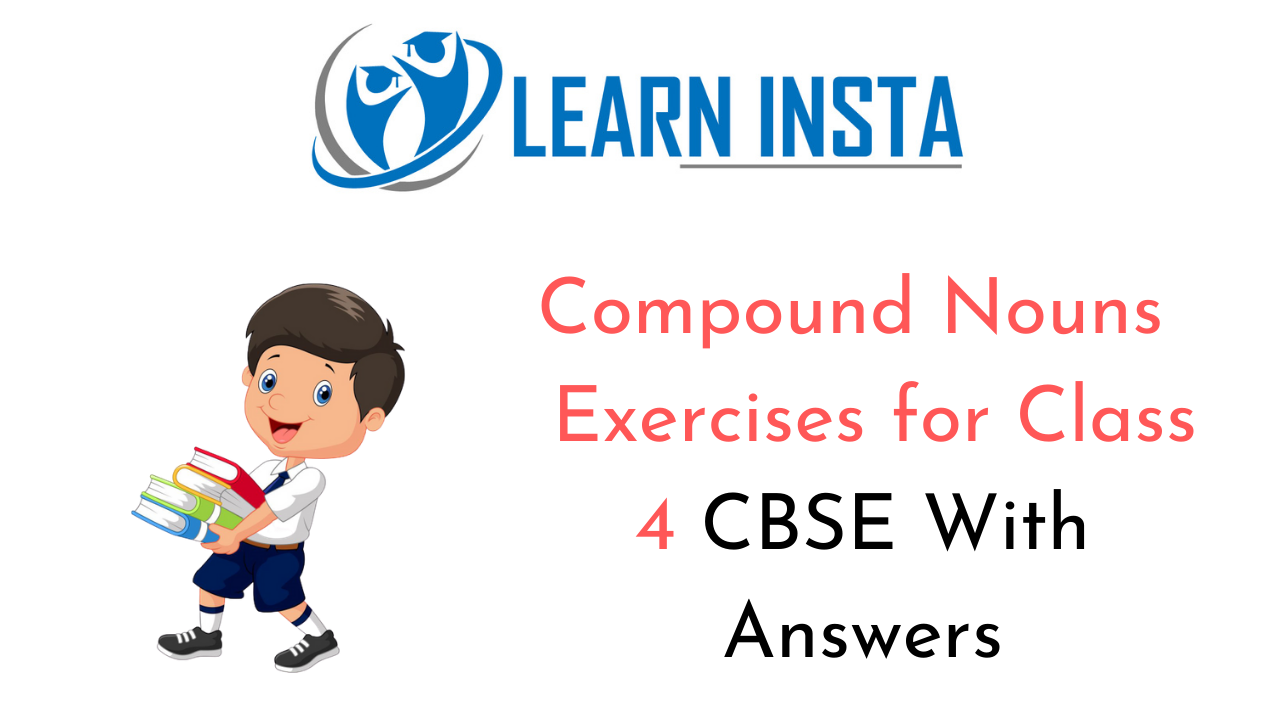 This grammar section explains English Grammar in a clear and simple way. There are example sentences to show how the language is used.
This grammar section explains English Grammar in a clear and simple way. There are example sentences to show how the language is used.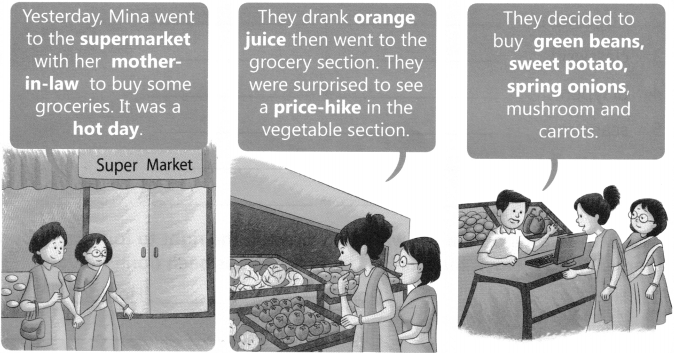
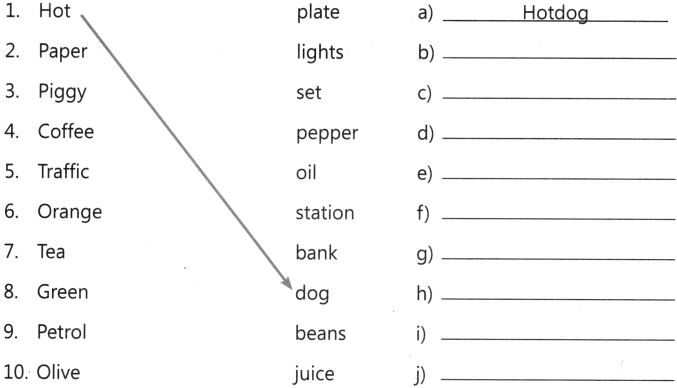
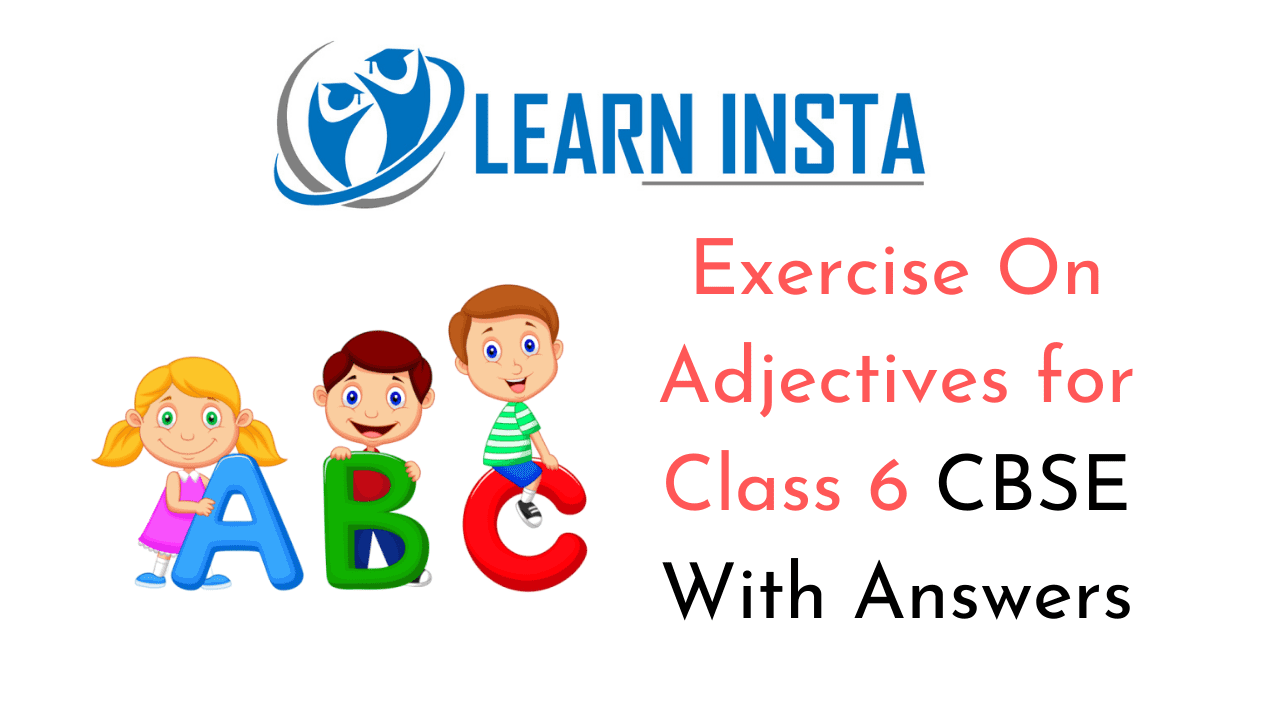
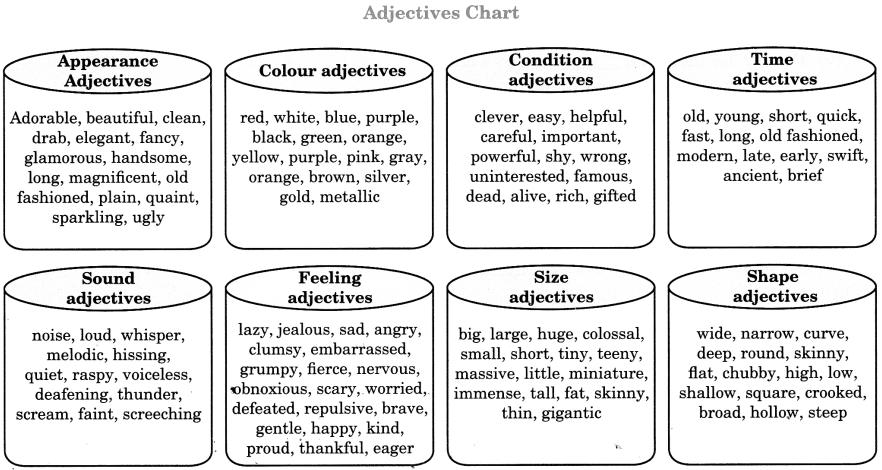
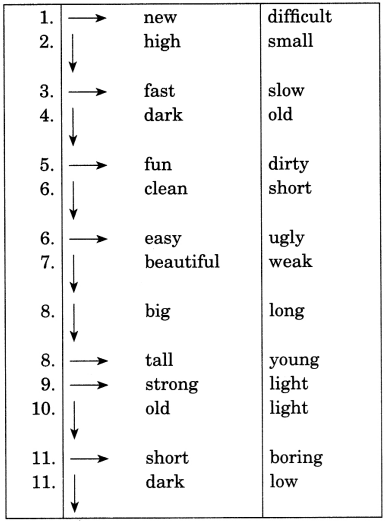
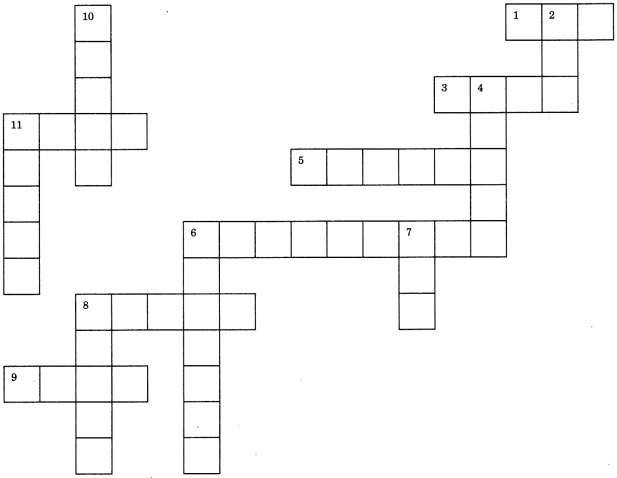
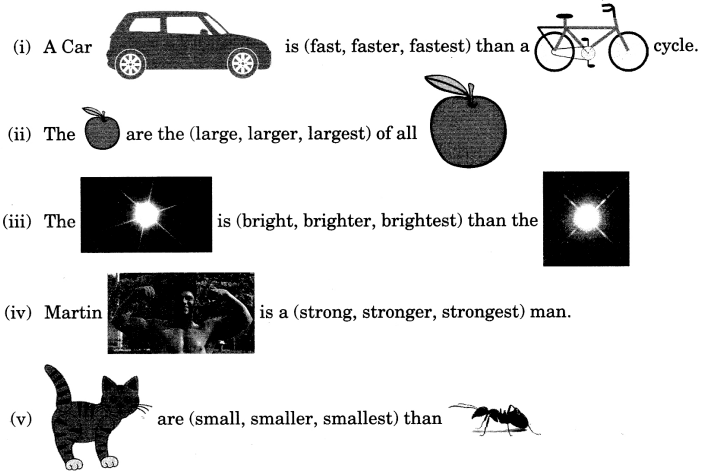
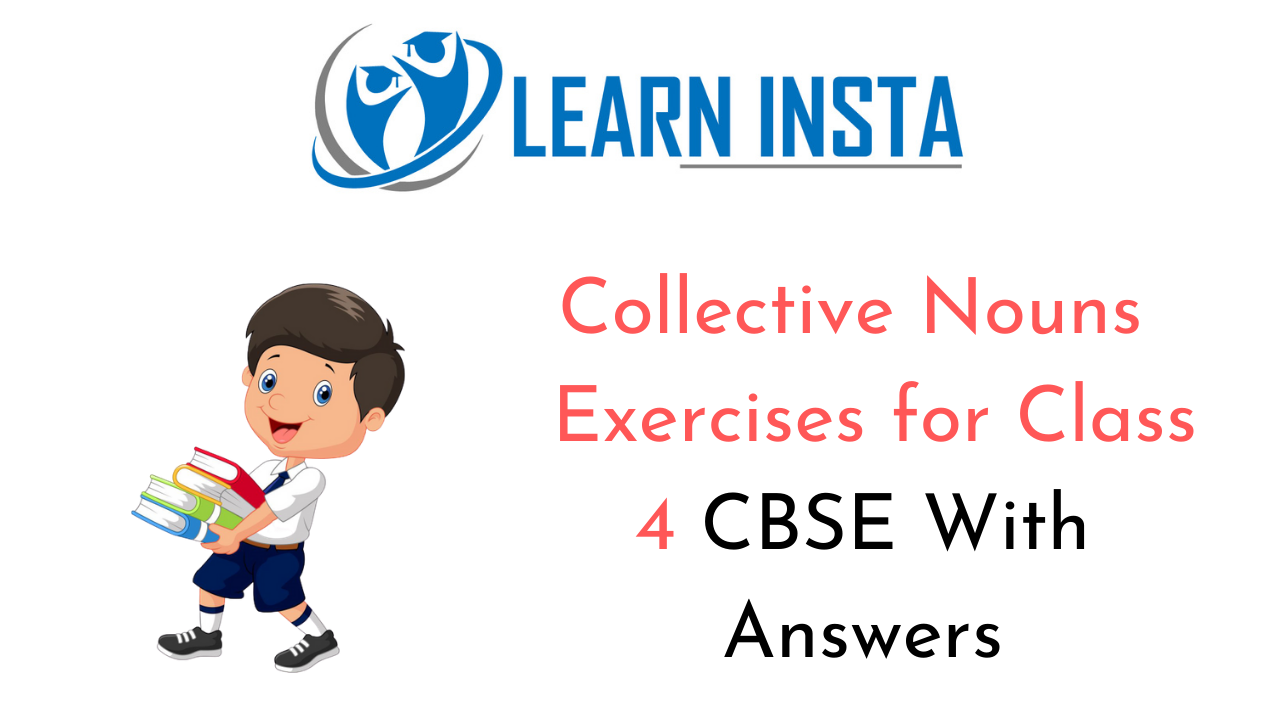 This grammar section explains
This grammar section explains 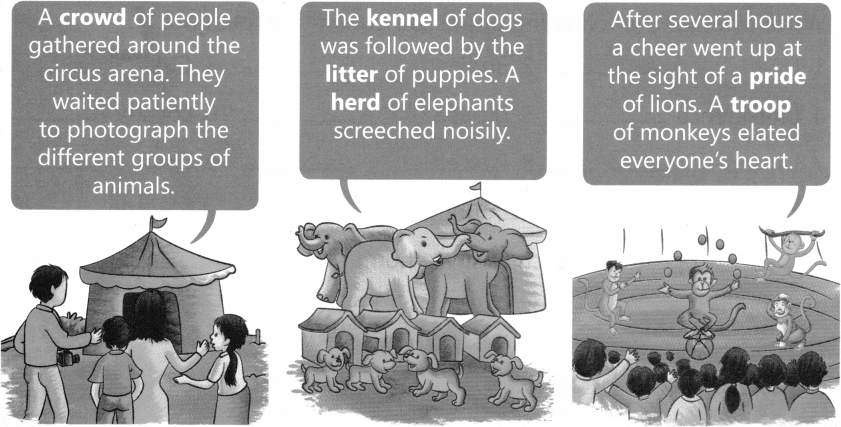
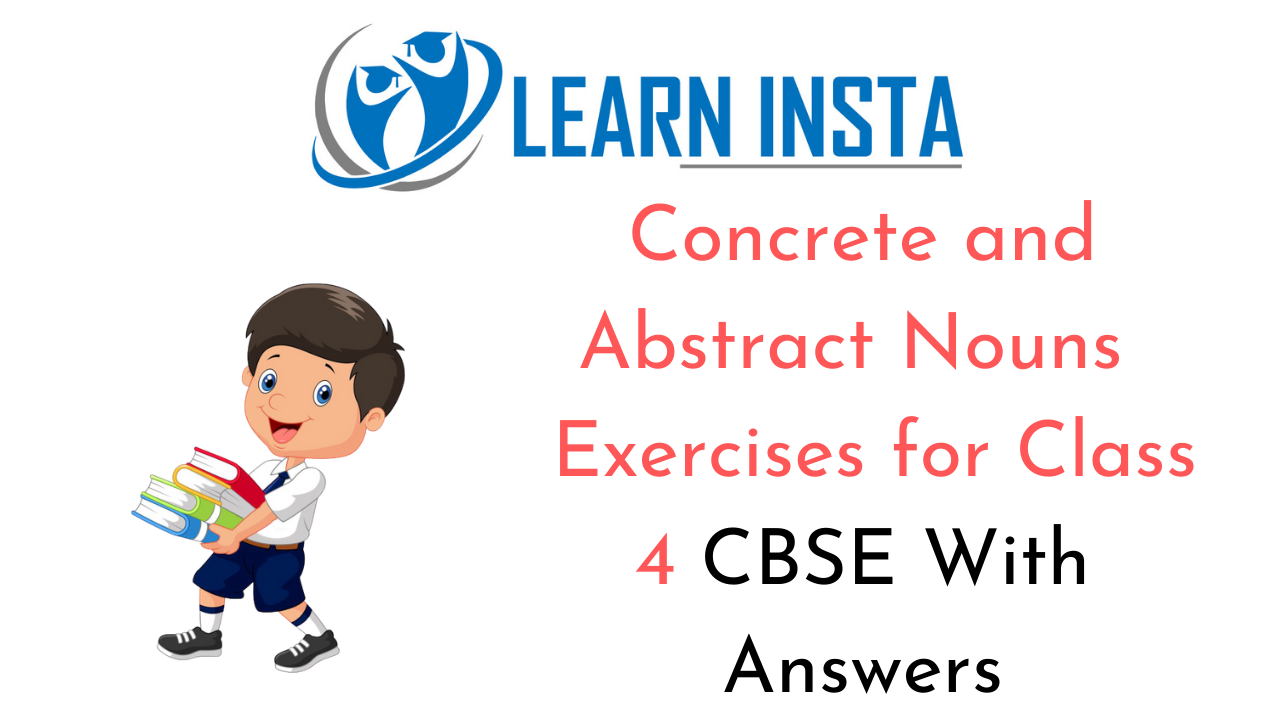 This grammar section explains
This grammar section explains 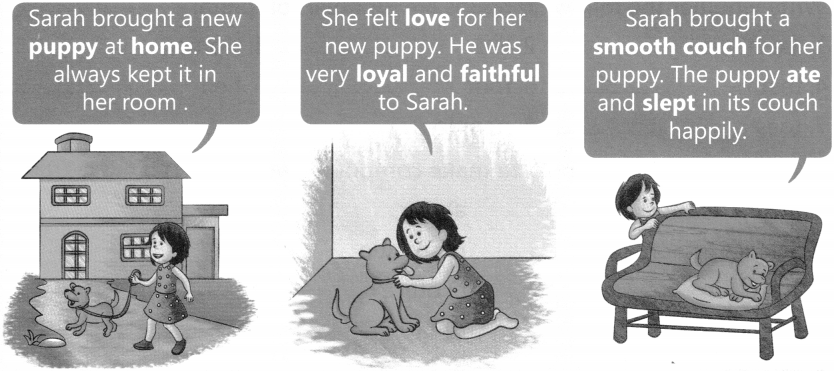
 Definition: A noun is a part of speech that is used to name a person, place, thing, quality, or action. Examples: Mango, girl, boy, cat, etc.
Definition: A noun is a part of speech that is used to name a person, place, thing, quality, or action. Examples: Mango, girl, boy, cat, etc.










